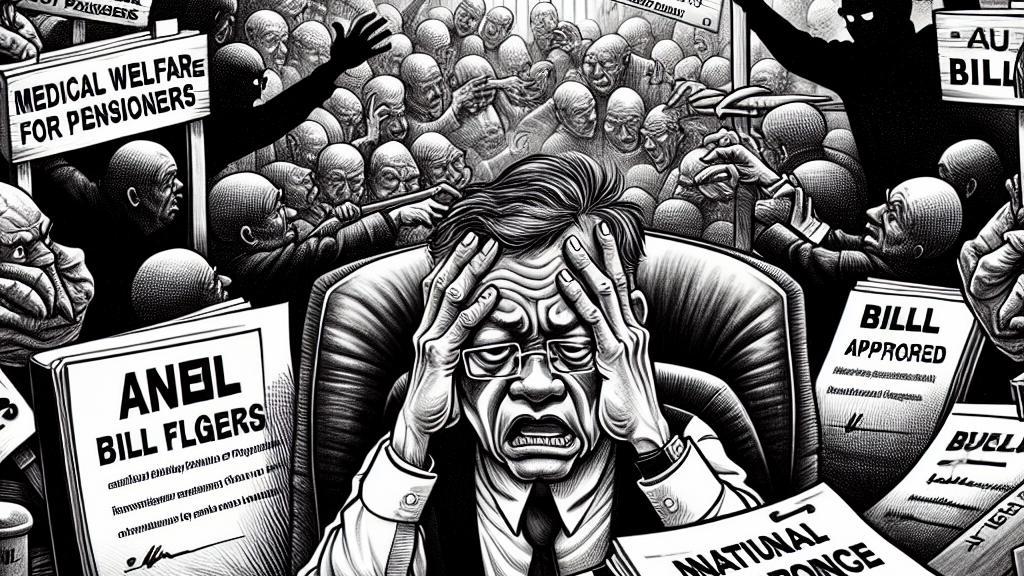Thai PM Under Fire: The Finance Bill Fiasco Explored!
Overview
- Prime Minister Srettha Thavisin faces serious backlash over delays in crucial finance bills.
- House Committee demands clarity on the process and criteria for bill approvals.
- New global tax legislation aims to enhance Thailand's revenue from multinational companies.

Prime Minister Srettha Faces Intense Scrutiny
In Thailand, Prime Minister Srettha Thavisin is facing significant pressure following his failure to endorse 16 vital finance bills promptly. This situation has led the House Committee on Political Development, chaired by MP Parit Wacharasindhu, to summon the Prime Minister to explain the reasons behind these delays. Out of a total of 65 finance bills presented, only 40 were approved, while 16 remain pending. Notably, critical proposals such as the Medical Welfare Bill for pensioners and the National Arts and Culture Council Bill were among those not endorsed. This has raised alarm bells, indicating a potential impact on public welfare and budgets, prompting urgent calls for transparency in governance.
Calls for Accountability and Process Transparency
The House Committee is pressing not just for explanations but also seeks to understand the criteria that the Prime Minister is using when assessing these proposed bills. MP Parit has voiced concerns that delays of over six months for certain bills could drastically hinder legislative progress, which is essential for addressing pressing societal needs. The committee aims to bring PM Srettha’s representatives to clarify the review timeline and explanatory criteria for bill rejections. With parliament’s functionality tied to the executive branch’s cooperation, introducing measures for accountability and transparency is crucial to restoring public trust in government processes.
Global Tax Legislation: A Step Towards Financial Strength
In a concurrent development, Thailand’s Finance Ministry is preparing a bill that establishes a global minimum tax for multinational corporations, projected to add up to 20 billion baht to the nation's annual revenue. This initiative is part of a broader strategy aligned with the Organisation for Economic Co-operation and Development (OECD) to combat tax avoidance by multinational companies. By enforcing a minimum corporate tax rate, Thailand aims to create a fairer financial environment and reinforce its commitment to sustainable fiscal practices. The introduction of this global tax legislation represents a significant move towards enhancing the country’s financial health while addressing concerns about equity in taxation in a globalized economy.

Loading...